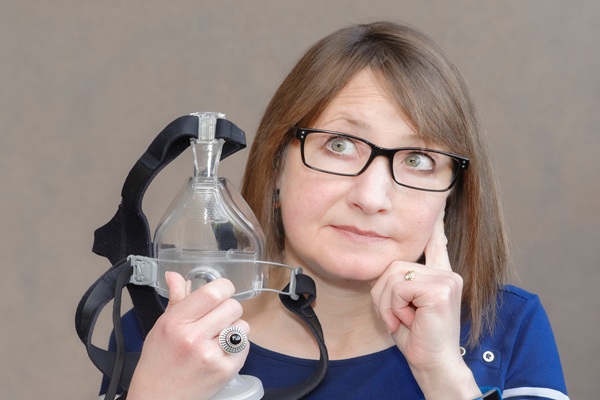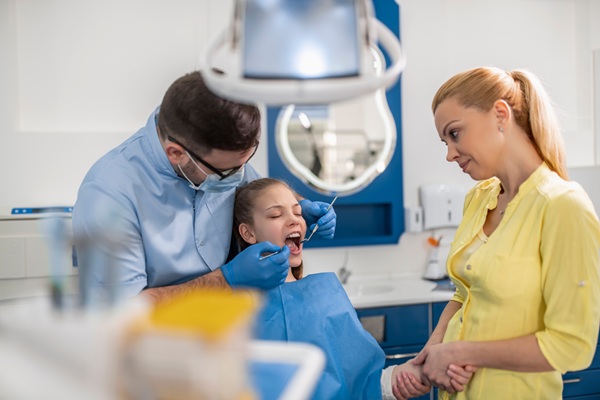 A dental problem can cause a headache or migraine, which might require smile makeover treatments to fix. Various illnesses can cause excruciating headaches, and they are not all limited to the head. There is a link between headaches, migraines, and your teeth in certain circumstances.
A dental problem can cause a headache or migraine, which might require smile makeover treatments to fix. Various illnesses can cause excruciating headaches, and they are not all limited to the head. There is a link between headaches, migraines, and your teeth in certain circumstances.
Headaches and dental issues
Headaches can cause nausea, face tingling, dizziness, and sensitivity to sound and light, among other symptoms. They have the potential to disrupt people's lives, resulting in truancy from work or school. Migraines may make patients more susceptible to mental illnesses like depression and anxiety.
Teeth that are missing, loose, painful, or misaligned can all contribute to what is known as a "bad bite." This puts a great deal of strain on the jaw muscles, causing issues with dental alignment and making swallowing and closing the mouth difficult.
Massage or medicine may be the first thing that comes to mind when treating aches and pains in the head and neck. These treatments may provide a temporary solution, but they are unlikely to address the underlying reasons for the pain. Many rarely consider having their jaws evaluated anytime they experience these discomforts. However, jaws and bites are usually to blame for a portion of head and neck problems.
It is easy to forget that simple functions like talking and chewing require the cooperation of several different muscles. It might be difficult for the jaw to open and repeatedly close if these muscles are stressed due to a misaligned bite or malocclusion. There is also a chance that the temporomandibular joint (TMJ), which joins the lower jaw to the skull, is worn or broken.
How a smile makeover helps
One of the treatments offered with a smile makeover is bite correction. Bite correction, or occlusal equilibration, is the process of reshaping and contouring a person's jaw or teeth to achieve the optimal "minimum stress" bite. The patient will have fewer headaches, neck problems, and muscular tensions in this area of the face if enough room is available for the jaw to work. Different methods can be used to correct the bite, and depending on the severity of the patient's issue, the dentist may use any of the following procedures.
Teeth reconstruction and replacement: This procedure aims to provide patients with excellent and healthy teeth. Dentists will have to repair or reconstruct existing dental work that has been damaged or worn out over time and that has cracks or severe cavities.
Orthodontics: Dentists use different dental appliances to correct a person's bite, including dental braces and clear aligners. However, the entire procedure can take anywhere from 12 to 24 months. This treatment is more beneficial for younger people because the jaw is still developing.
Tooth reshaping: For bite correction, tooth reshaping is one of the most preferred and successful treatments. It is usually employed when a patient's teeth are deformed. The procedure restores the shape, size, and form of the affected tooth.
In conclusion
If you are experiencing persistent headaches, you might need to consult a dental professional to see if a smile makeover can help.
Request an appointment or call GDC Smiles at 770-504-5725 for an appointment in our Gainesville office.
Recent Posts
If you are considering undergoing a smile makeover, one of the biggest questions you may have is how long the process will take. The answer all depends on the type of treatment you undergo. For example, if you undergo a treatment that takes multiple visits or requires prerequisite procedures, your makeover will take longer. To…
A smile makeover is a series of cosmetic dental treatments performed primarily to address cosmetic issues affecting your teeth. It is a unique experience for each patient since treatments are selected based on their individual needs. While the main purpose of a smile makeover is to improve the way your smile looks, many of the…
You might need a smile makeover if you are unhappy with the color of your teeth. The procedure involves combining cosmetic treatments to meet your unique needs. Some of the reasons your teeth can end up becoming discolored include:Tooth DecayColoring agents in food and beveragesSmokingThinning enamel due to agingTetracycline antibioticsOverexposure to flourideThe type of stains…


